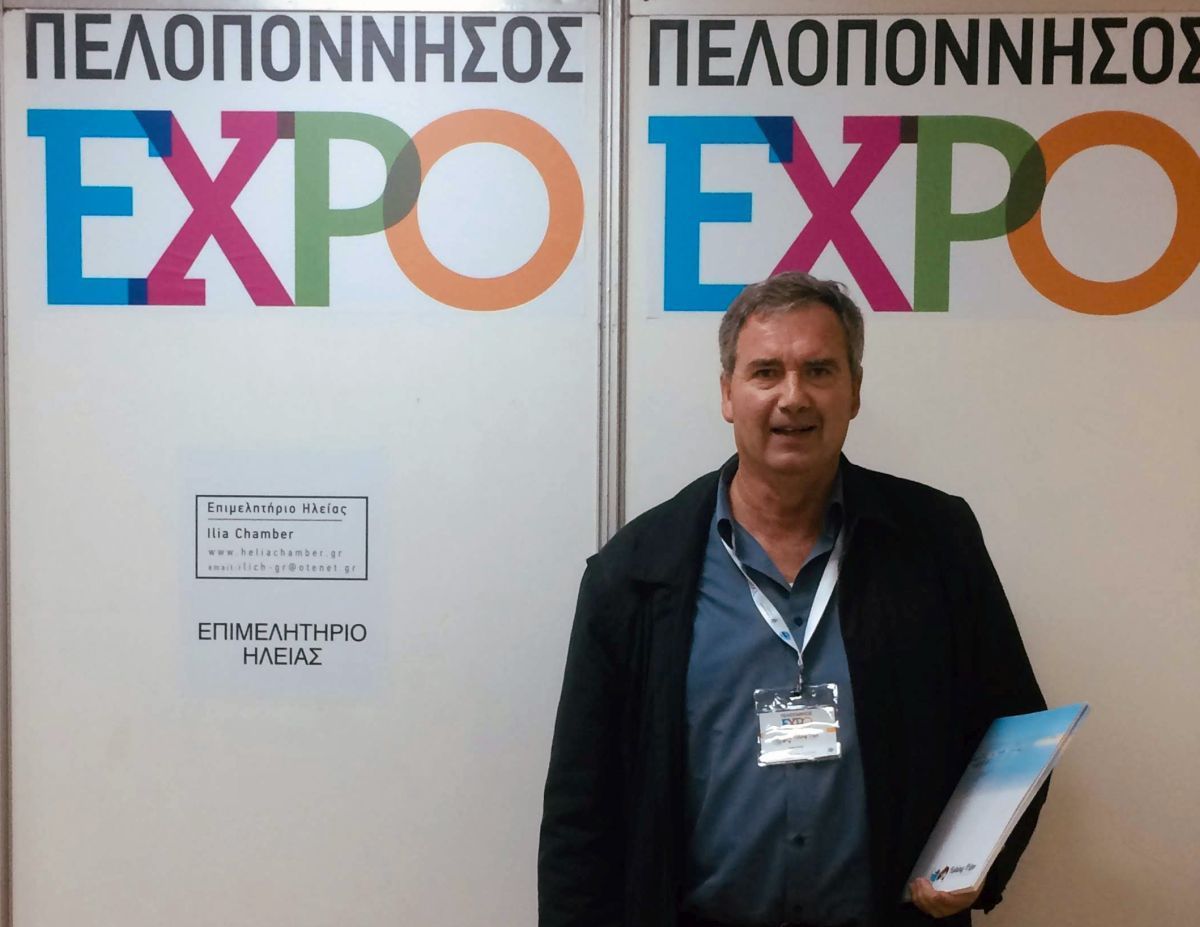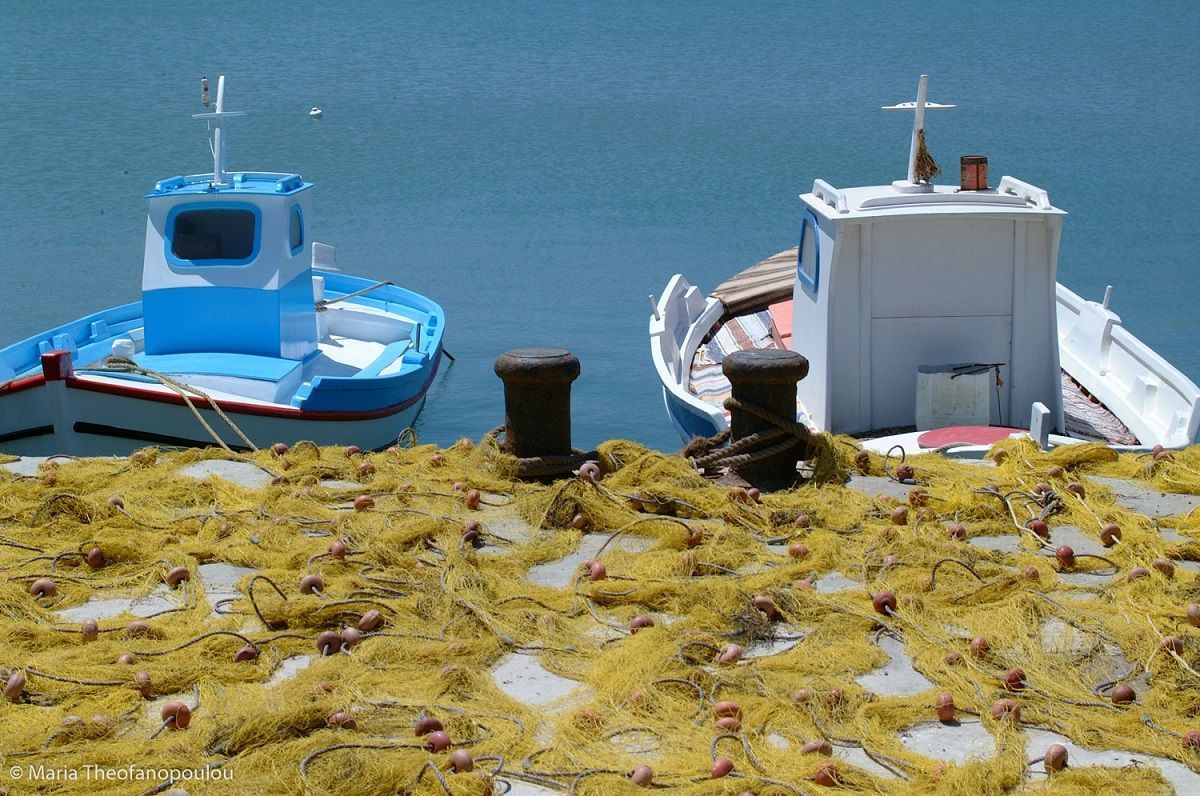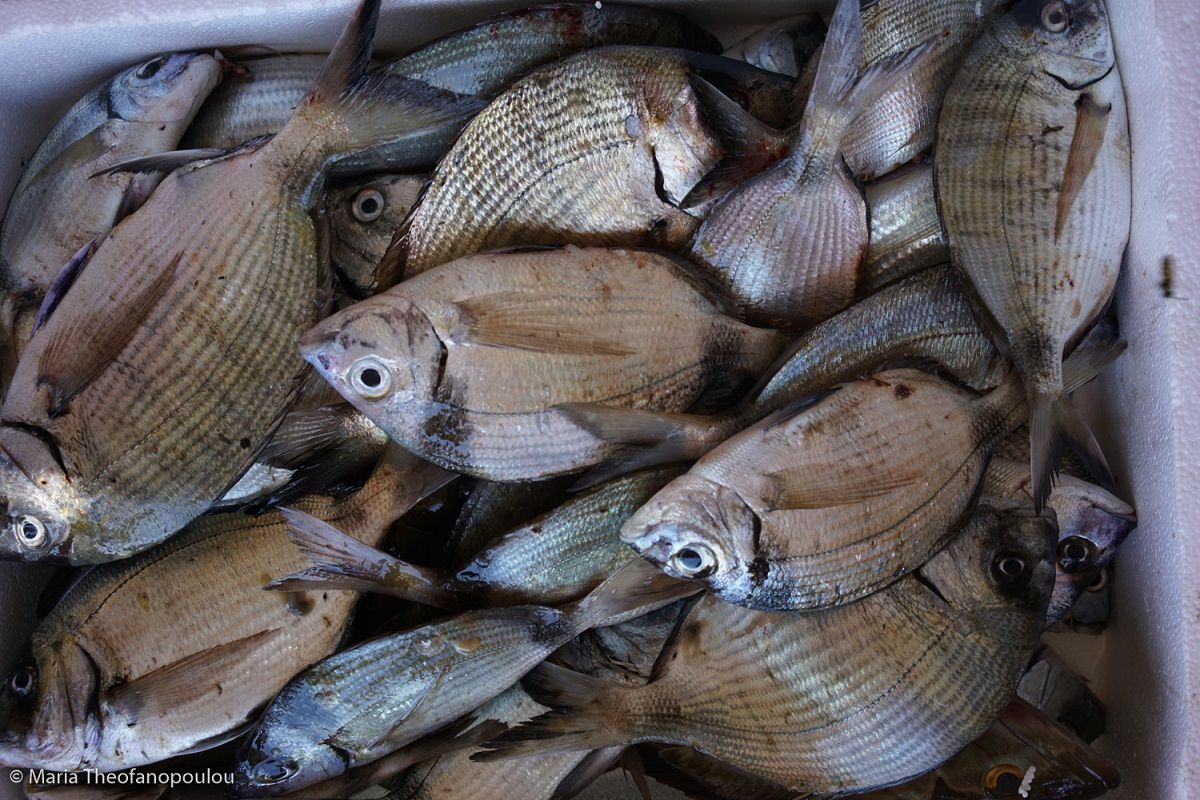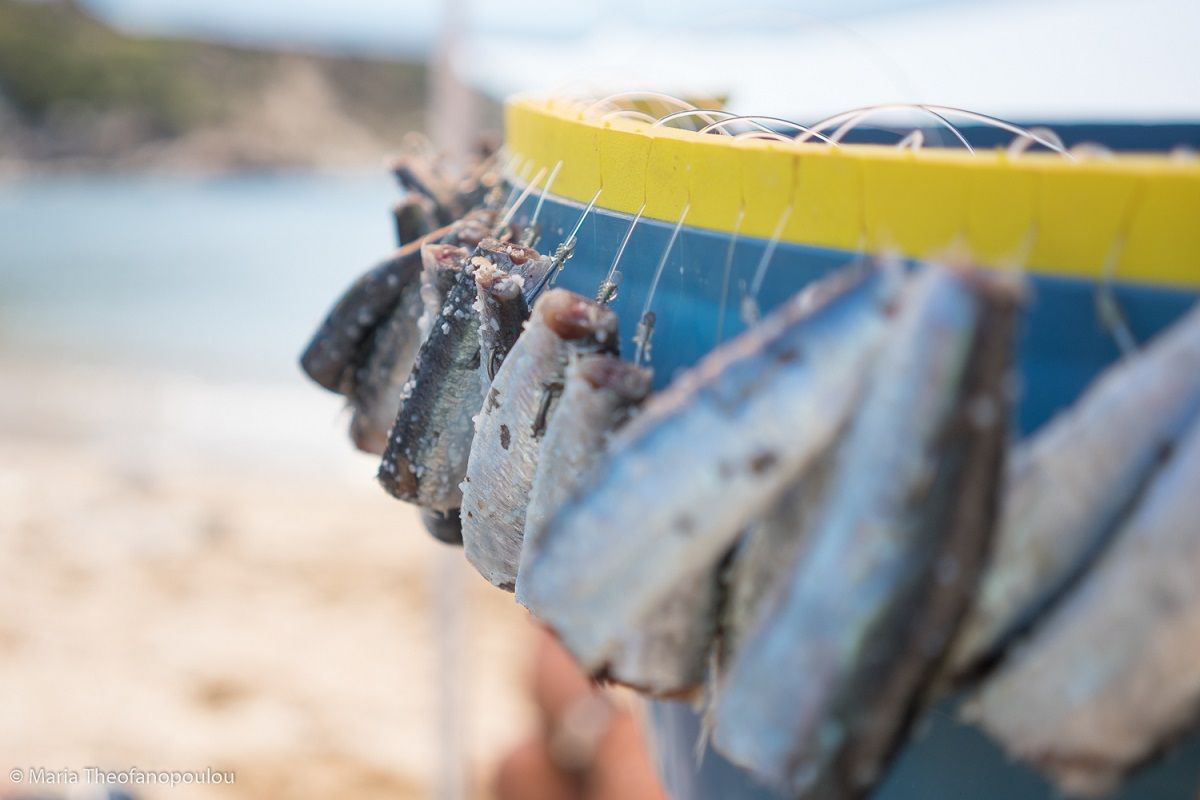Fishing Tourism in Greece: An Untapped Resource
With the longest coastline in Europe, the largest number of fishing boats, and one of the continent’s most enduring traditions in boat-making and professional fishing, one can only wonder why Greece still hasn’t tapped into the vast potential of sustainable fishing tourism.
Despite having a legal framework in place since 2015, which paved the way for licencing, there are currently only 150 licensed professionals offering fishing tourism activities in the country.
Spearheading the efforts to establish Greece as an international tourism destination, George Lourdis, a mechanical engineer at the Technical Chamber of Greece, and fisherman, spoke to GTP Headlines on the sidelines of the Peloponnisos Expo last month about the great potential of this form of tourism, the prospects, the obstacles, and why it hasn’t been done so far.

Mechanical engineer at the Technical Chamber of Greece, and fisherman, George Lourdis, head of fishingtrips.gr
Fishing Tourism vs Recreational Boating
Lourdis starts off by explaining that people often confuse fishing tourism with recreational boating and other forms of marine tourism.
“Fishing tourism activities involve professional fishermen who bring the traveler on board their boat, take them out to sea, they fish together, learn, and experience – gaining at the same time first-hand insight into the trade,” explains Lourdis. “It’s an immersive experience that is at the same time sustainable with much less impact on the environment”.
The World Wildlife Federation (WWF) backs this up by supporting sustainable fishing tourism as a way to “ensure sustainable livelihoods of coastal communities in today’s overfished oceans”.
WWF notes that “this alternative income stream could reduce the intensity of fishing activities, contribute to sustainable management of fishery resources, and promote the cultural heritage of artisanal fishing”.
At the same time the European Commission has issued guidelines for Fisheries Local Action Groups (FLAGs) that are seeking to develop tourism activities offered by professional fishermen.
The Obstacles
Despite the fact that most of Greece’s islands and coastal communities relied on fishing for centuries, the profession is looked down on, says Lourdis, who launched fishingtrips.gr – an online platform aimed at bringing professionals on board, educating younger generations, and serving as a voice of the Greek professional fishing community internationally. The platform currently represents 220 local fishermen federations.
At the same time, Lourdis points out that there are no schools offering education and training in the field.
“How can a profession sustain itself if there are no young people involved? And how can young people be involved if there are no schools to train them,” he asks.
“We have agriculture schools across Greece, for the farmers but no schools for the ‘farmers of the sea’,” he tells GTP Headlines.
To make matters worse, Greece is among the few countries in the EU spending some 46 million euros annually to destroy hundreds of decommissioned caiques and traditional fishing boats instead of subsidizing their preservation and the continuation of Greece’s maritime tradition.
In 1983, in efforts to tackle overfishing, the European Union started subsidizing fishermen to scrap their boats or change their use. Harsher measures followed which required that fishermen also surrender their licenses and boats be destroyed resulting in hundreds of perfectly sound vessels ending up in scraps.
“It’s sad to say the least, with our longstanding sea-faring tradition to be the only country in the EU to be demolishing our traditional wooden boats,” says Lourdis, whose father was a fisherman in the coastal town of Astros, in the Peloponnese.
“The caique was a member of the family, our communities survived because of fishing, and instead of offering training in both fishing and boatmaking, we are destroying the few traditional boats that are left, whereas in other countries they are safeguarding their traditions,” he says, referring to Turkey as one such example.
He goes on to add that there are dozens of museums in Greece dedicated to fishing traditions that are either closed or left to deteriorate.
Making Greece a Fishing Tourism Destination
In order for Greece to become a fishing tourism destination, there must be over 700 active and licensed professional fishermen, explains Lourdis, adding that the most important step now is for Greece to participate in EU-led fishing tourism initiatives while at the same time formulating a strategy that can link fishing to tourism, securing fishermen’s involvement, bringing the tourism sector on board, and identifying the country’s fishing-related assets.
The idea is for the professional fisherman to make a decent living offering immersive tourism experiences, including trips aboard fishing boats, accommodation in fishermen’s homes, and the opportunity to eat and cook locally caught fish.
“Fish, eat, visit, and learn,” says Lourdis, these services can in turn provide income and offer new skills in the tourism sector, giving fishers and their families a competitive advantage. Revenues can boost local economies and create new jobs, as well as better infrastructure.
Lesser known tourism destinations can attract travelers through the fishing tourism product and by-products such as restaurants serving fresh fish etc, which in turn will create the resources to safeguard the marine environment.
Lourdis explains that this will also help keep or attract fishermen to the profession and strengthen the attractiveness of the sector for future generations while extending the tourism season. “You can fish all year round, especially in Greece,” he adds.
Lourdis points to the example of Iceland, as a fishing tourism destination which attracts some 200,000 tourists for 1.5 months a year. Italy (Sardinia), France (Cote D’Azur, Brittany), Spain (Fisterra-Muros-Noia), Finland and Turkey have also tapped into this special interest form of tourism which can be linked to a number of revenue-generating areas.
Greece’s history and survival is inextricably linked to fishing, it is part of our history, our culture and our heritage. This is the best time to change outdated ideas and take action. We have the product in place, we have the laws, the fishermen, the tourists; now what’s left is raising awareness,” says Lourdis.











